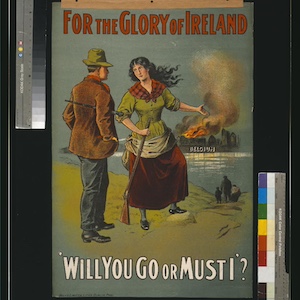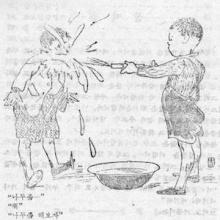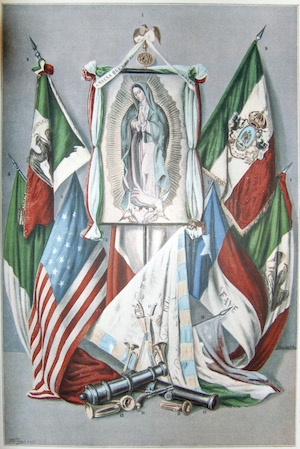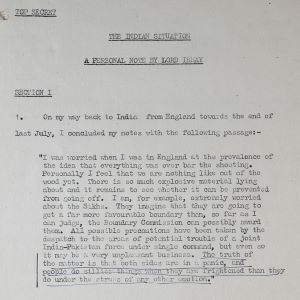Nationalism
Source Collection: Pennsylvania Newspapers React to Refugees from Haitian Revolution
These newspaper articles report on the influx of the white and Black refugees fleeing Haiti during the Haitian Revolution of 1791 to 1804.

For the glory of Ireland

Apolitical Intellectuals/ Intelectuales Apolíticos
Otto Rene Castillo wrote the poem “Apolitical Intellectuals” in 1967 in response to the Guatemalan Civil War, which lasted from 1960-1996.

Archives Portal Europe
This website presents records from dozens of countries, in over 20 languages, and from around 7000 diverse archival institutions total including the national archives of dozens of countries and other smaller institutions.
Source Collection: Korean Colonial-Era Children’s Literature
Children's literature can reveal a great deal about the time and place in which it was written. These stories from Korea published in 1946 provide insights into ideas about childhood, play, gender, family and even national identity the newly independent and not yet divided nation.

National World War II Museum
The museum also offers a bank of student resources, primarily research tools such as the yearbook database and Research Starters, a bank of statistics and introductory ma
A Continent Divided: The U.S. - Mexico War
The UT Arlington Library's Special Collection is considered amongst the most comprehensive repositories on the U.S. - Mexico war, containing broadsides, sheet music, manuscripts, maps and graphic materials from both U.S. and Mexican sources.
Lord Ismay Notice Regarding Indian Partition
The Partition of India was one of the most difficult, tension-filled political events of the twentieth century, causing millions of people to migrate within the Indian subcontinent and be killed

National WWI Museum and Memorial
Due to the immense amount of resources, we advise educators to enter the databases with an idea of what they want rather than attempting to browse.